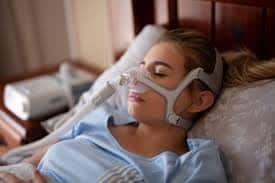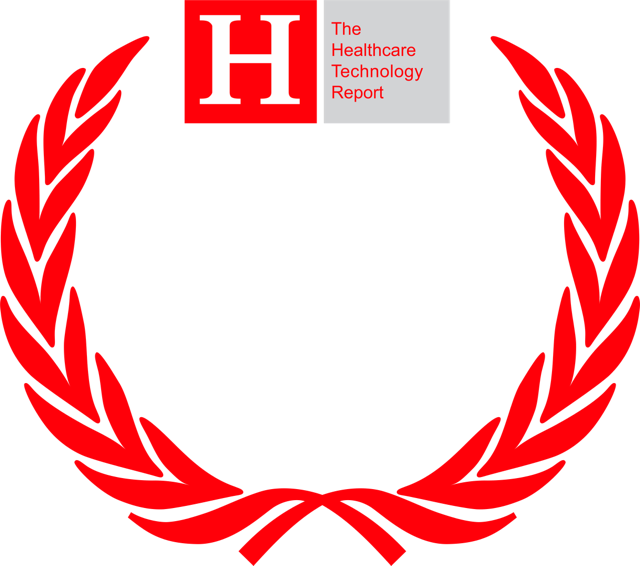
If you’ve ever pulled off your CPAP mask in the morning feeling like you’ve been sleeping in a desert, you’re not alone. Waking up with a dry mouth after using CPAP is one of the most common complaints for people managing sleep apnea. Many patients stick with their therapy, only to find their mornings are uncomfortable and their energy levels still low. The good news is, this problem usually has simple explanations and solutions — you just need to know what to look for.
Why Your Mouth Feels Like Sandpaper in the Morning
CPAP machines work by gently blowing pressurized air into your airways to keep them open while you sleep. This keeps oxygen flowing and reduces interruptions in your breathing. But dry mouth occurs when this air draws moisture away from your throat, tongue, and lips — which is surprisingly common.
A big factor is mouth breathing. Even if you start sleeping through your nose, the pressurized air can force your lips to part slightly. Once air escapes through the mouth, moisture quickly evaporates, leaving your mouth dry by morning.
Another contributor is mask leaks. If your mask isn’t snug, air can escape and push extra airflow into your mouth. Many people underestimate how much a small leak can affect comfort. Over time, even minor leaks can lead to dryness, throat irritation, or sinus congestion.
The Importance of Proper Mask Fit
A properly fitted mask is critical. A mask that’s too loose or worn out is a common reason for dry mouth after using CPAP.
- Full-face masks: Cover both the nose and mouth, ideal for people who tend to breathe through their mouth at night.
- Nasal pillow masks: Lightweight, but may allow air to escape if your mouth opens during sleep.
- Chin straps: These gently hold your jaw in place to prevent mouth leaks, especially with nasal masks.
- Regular replacement: Mask cushions, headgear, and tubing degrade over time, causing leaks that dry out your mouth.
Checking your mask each night and replacing worn parts can make a noticeable difference in comfort.
How Humidifiers Can Solve Dry Mouth
If you wake up parched, a CPAP humidifier is often the simplest fix. Humidifiers add moisture to the pressurized air, keeping nasal passages and the throat hydrated all night.
Heated humidifiers take this further by warming the water slightly, making the airflow feel natural rather than dry and harsh. Pairing a humidifier with heated tubing prevents condensation in the hose and keeps the moisture level consistent.
For most users, gradually increasing the humidity until your mouth feels comfortable is enough to stop morning dryness.
Lifestyle Habits That Affect CPAP Comfort
Even with a perfect setup, lifestyle factors can worsen dryness. For instance:
- Dehydration: Not drinking enough water makes dry mouth more likely.
- Alcohol or caffeine: Both increase the chance of waking up parched.
- Sleeping position: Side sleepers or those who toss and turn may loosen the mask, causing leaks.
Simple adjustments like staying hydrated and double-checking your mask fit before bed can make mornings far more pleasant.
When to Consider Adjusting Your CPAP Pressure
Persistent dryness may indicate your CPAP pressure is too high. High pressure can force your mouth open, even with a well-fitted mask, increasing dryness. Your sleep specialist can run a pressure check and suggest adjustments to optimize therapy and comfort. Modern CPAP machines also track mask leaks and airflow, giving useful insight for fine-tuning your setup.
Practical Tips to Stop Dry Mouth After CPAP
Here’s a practical checklist:
- Ensure your mask fits properly and replace worn cushions.
- Use a CPAP humidifier and adjust humidity gradually.
- Try a full-face mask or add a chin strap if you mouth-breathe.
- Stay hydrated throughout the day and limit alcohol before bed.
- Consult your sleep specialist if dryness persists — pressure adjustments may help.
Implementing even a couple of these changes can transform your CPAP experience and make therapy easier to maintain.
Comfortable CPAP Therapy Is Possible
Dry mouth doesn’t mean your therapy is failing. With proper mask fit, humidification, and lifestyle adjustments, you can eliminate dryness and sleep more comfortably.
A comfortable CPAP experience leads to better therapy compliance, deeper rest, and mornings where you actually feel refreshed. Once you solve the dryness problem, CPAP therapy stops being a chore and becomes a genuine tool for improving your health.
